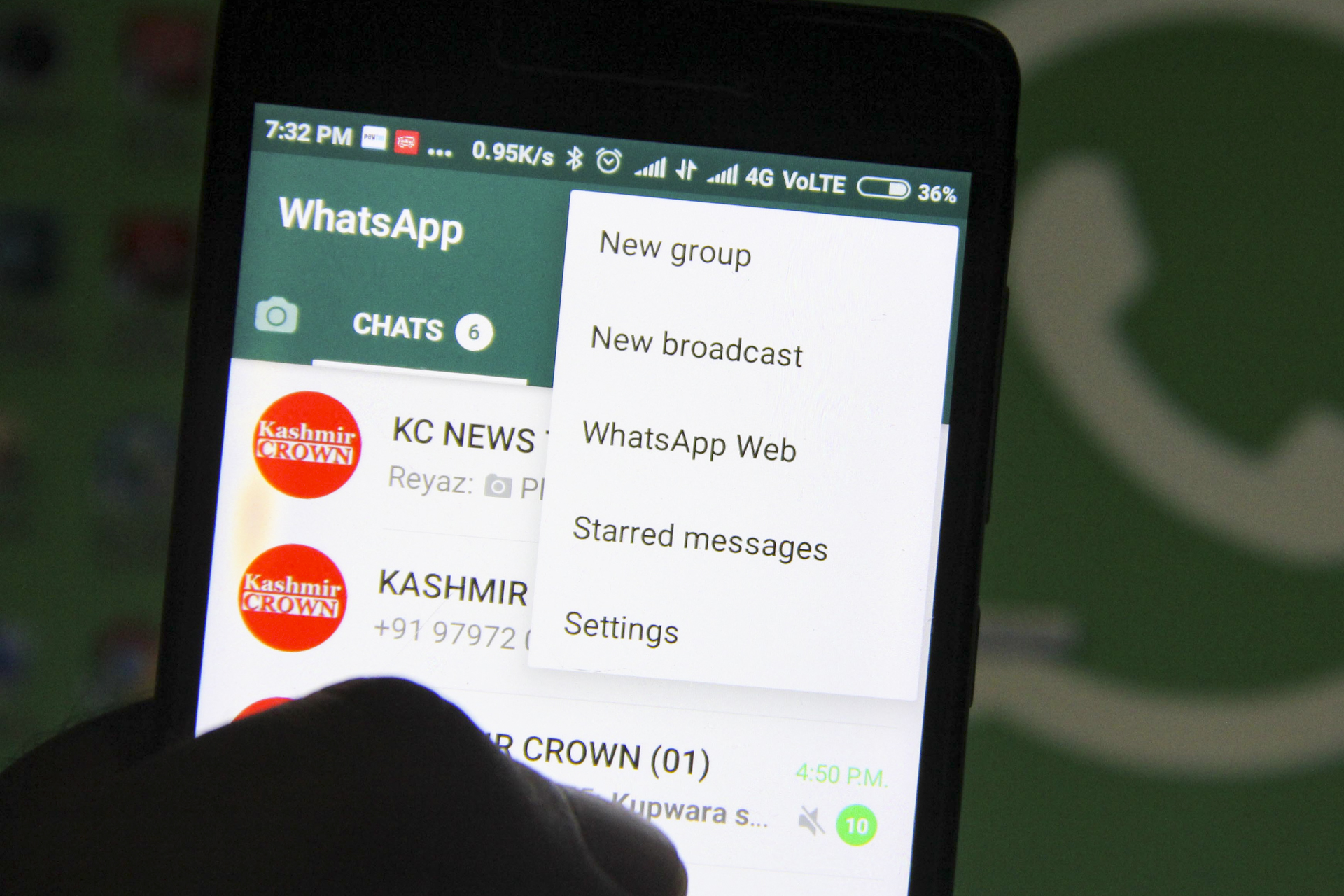The Wall Street Journal reported on Thursday that Facebook has shelved its plan to bring ads to WhatsApp Status — a monetization move that had seemingly been under development for about two years and was also reportedly responsible for the departure of both of the instant messaging app’s original founders. The team tasked to figure out the most optimal method for incorporating ads inside the messaging app was broken up too, people familiar with the matter told the WSJ.
The report caught many by surprise. After all, WhatsApp has, on multiple occasions, confirmed that ads were coming to the app and even previewed what they will look like at the Facebook Marketing Summit last year. More importantly, Facebook earns most of its revenues from its ad network and expanding it to WhatsApp was one of the ways the social network was expected to cash in on its hefty $22 billion investment.
So what convinced Facebook that ads were not the right fit for WhatsApp?
For a company that refuses to fact-check political ads simply because it may end up costing millions, this is likely not a moral call in an attempt to retain WhatsApp’s ethos, the same one Jan Koum and Brian Acton committed to and tried to protect before they were overruled by their new superiors in Menlo Park.
No, Facebook has instead figured out a monetization route that will potentially be more lucrative and scalable than ads — WhatsApp Business.
In early 2018, Facebook began rolling out a banquet of tools for businesses that rely on WhatsApp to communicate with their customers. The new services allowed merchants to set up digital storefronts, offer customer support, send updates on orders, build automated bots, and more — all right on WhatsApp.
A better place for business

In several countries like India and Brazil, WhatsApp is the internet for a lot of people, and a range of small- to medium-scale sellers rely exclusively on it to take orders and market their products. Incidentally, these are also the regions where returns on advertisements are not as significant as, say, the U.S. or Canada.
For instance, in 2017, Facebook was earning 1,000% more per user in the U.S. and Canada ($19.38) than Asia ($2.13). Businesses want to be where the users are and in such countries, that place is WhatsApp.
A source in the WSJ report added that Facebook has indeed shifted focus to WhatsApp’s new business products. It’s e-commerce that the company has now trained its sights on and, so far, it’s working out fairly well.
Rapid adoption
In its first year of operations, WhatsApp India reported a revenue of $1 million, up from absolutely nothing in the year before that. That’s a pittance for an app used by hundreds of millions of people in that country alone. From brands as small as housewives to large conglomerates, WhatsApp Business has met with rapid adoption. Globally, it already has over 5 million clients — businesses that use it to sell their goods and services.
Plus, with a user base of over a billion people, WhatsApp Business practically has no competition and a zero starting cost, which makes it a no-brainer, especially for smaller businesses that can’t afford the cuts other e-commerce platforms like Amazon take. WhatsApp is also expected to launch digital payments soon in a handful of countries, which, at the moment, is the only missing piece from its e-commerce puzzle.
Facebook has incessantly explored monetization avenues for WhatsApp ever since the 2014 acquisition, and it seems to have found one in WhatsApp Business. It’s clear now that dropping WhatsApp’s dollar fee was also a conscious decision in 2016, as the social network can extract more revenue by profiting off of businesses than by shoving ads into a section that’s actively employed only by one-third of its total users.
We have yet to officially hear from WhatsApp and Facebook on this report and will update the story once we have a response.



